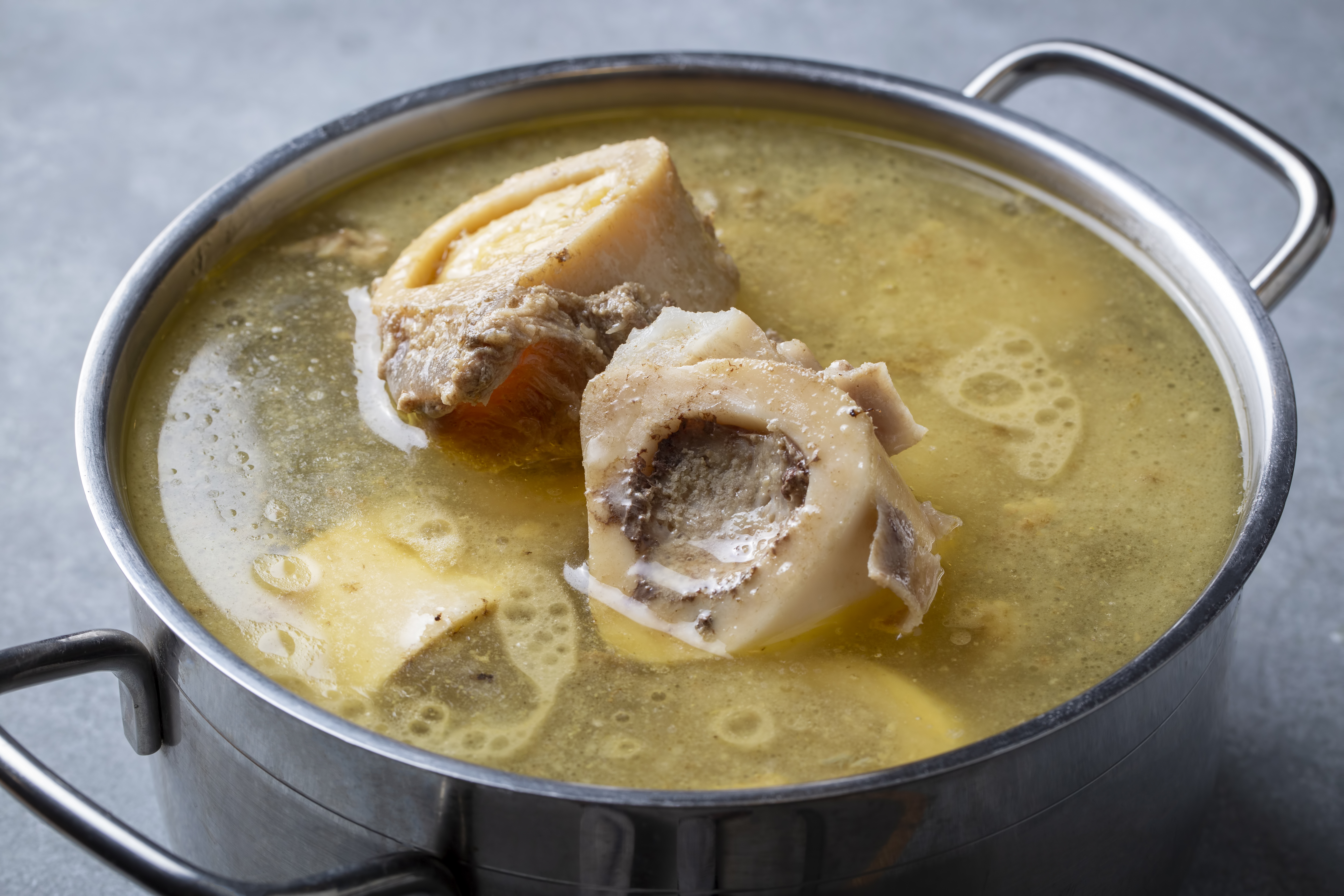11 Foods Packed With Collagen for Younger-Looking Skin Naturally
In the ever-evolving landscape of skincare and wellness, the pursuit of youthful, radiant skin remains a timeless endeavor. While topical treatments and skincare routines have their place, the role of nutrition in skin health is gaining unprecedented attention. At the heart of this nutritional revolution is collagen, a powerhouse protein that plays a pivotal role in maintaining skin elasticity, hydration, and overall youthfulness. This article explores 11 essential foods that are not only rich in collagen but also support the body’s natural collagen production, offering a holistic approach to achieving naturally youthful skin.
1. Bone Broth – A Traditional Elixir

Bone broth has been a staple in traditional diets worldwide, revered for its healing and nourishing properties. Made by simmering animal bones and connective tissues, bone broth is rich in collagen, gelatin, and essential amino acids. These nutrients are easily absorbed by the body, promoting collagen production and supporting skin health. In addition to its collagen content, bone broth contains minerals like calcium, magnesium, and phosphorus, which further contribute to skin vitality. This section will explore the benefits of bone broth, how to incorporate it into your diet, and its historical significance in various cultures.
